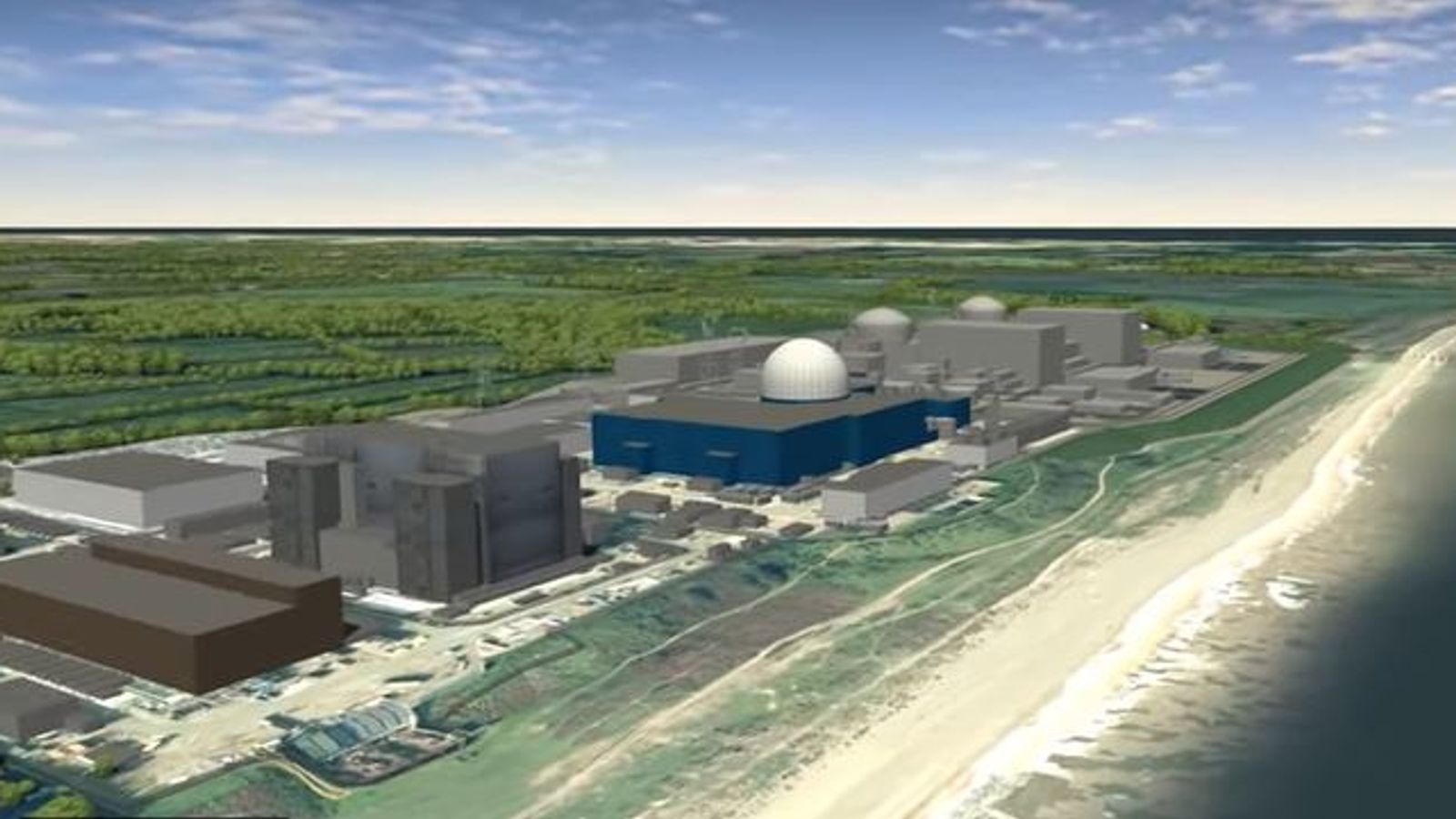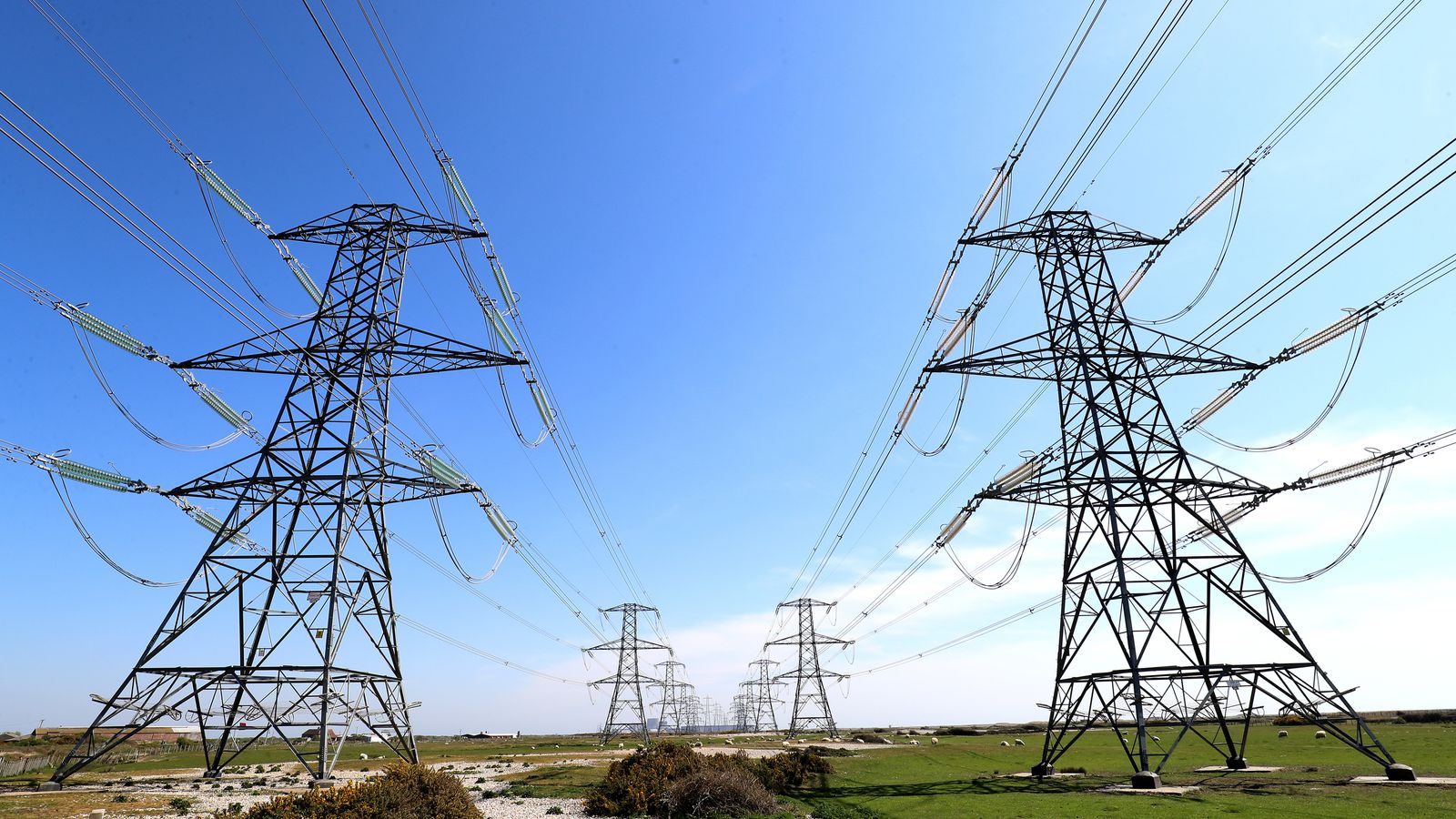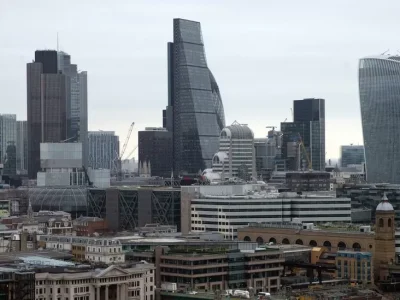Britain is to step up its development of nuclear power under plans to boost the country’s long term energy security while delivering thousands of jobs and cheaper bills. The government said up to eight reactors could be delivered by 2030 – accelerating the pace from one a decade to once a year – as the UK looks to move away from oil and gas and protect itself from price volatility. Its ambition is for up to 24GW to come from the “safe, clean and reliable source of power” by 2050, about 25% of expected demand, with a fleet of smaller reactors forming a key part of the pipeline.

Offshore wind, solar and hydrogen also form part of the plan, which targets 95% of electricity being low carbon by 2030. But oil and gas are also still being relied on, with a new licensing round for North Sea projects to launch this summer – recognising the importance of these fuels to energy security and that producing gas in the UK has a lower carbon footprint than doing so abroad, the government said.
Boris Johnson said the “bold plans” would see Britain “scale up and accelerate affordable, clean and secure energy made in Britain, for Britain – from new nuclear to offshore wind – in the decade ahead”. “This will reduce our dependence on power sources exposed to volatile international prices we cannot control, so we can enjoy greater energy self-sufficiency with cheaper bills,” the prime minister said.
.
![]()






